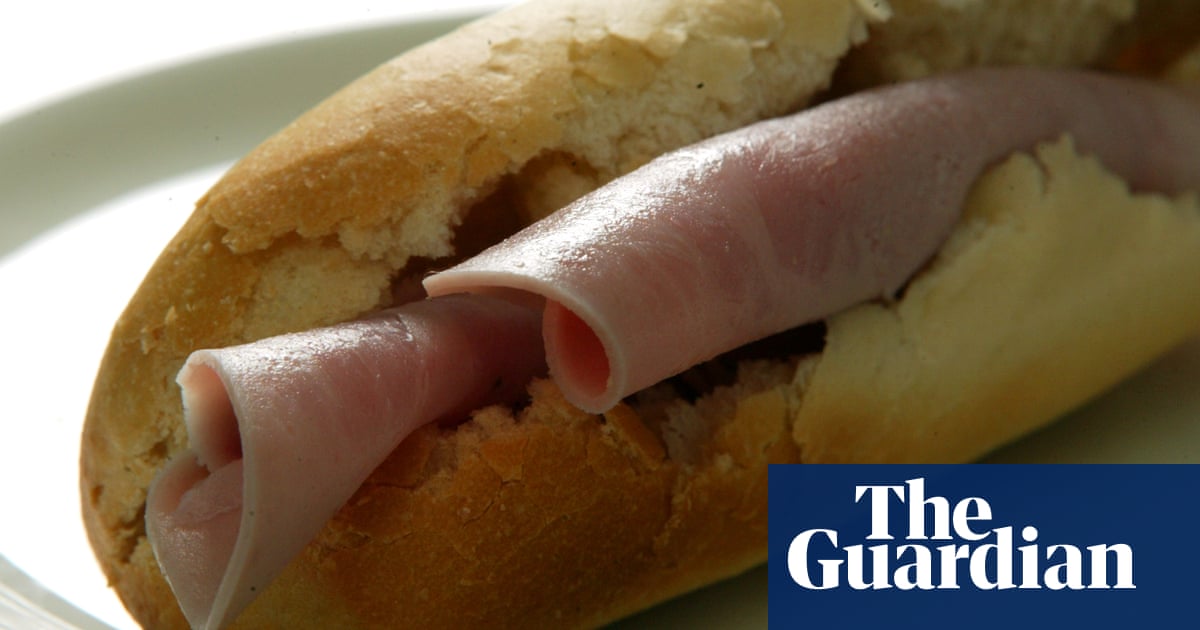Eating processed or red meat increases the risk of type 2 diabetes, with just two slices of ham a day increasing the risk by 15%, the largest study of its kind shows.
A study led by the University of Cambridge and involving two million people worldwide provides the most comprehensive evidence yet of a link between meat and the disease that is one of the greatest threats to global health.
More than 400 million people have been diagnosed with type 2 diabetes. Type 2 diabetes is a leading cause of blindness, kidney failure, heart attacks, strokes and lower limb amputations. Along with maintaining a healthy weight and getting more exercise, a better diet is one of the most important ways to reduce the risk of the disease.
Experts who conducted a meta-analysis of data from 1.97 million adults from 20 countries in Europe, North and South America, the Eastern Mediterranean, Southeast Asia and the Western Pacific say the results support the recommendation to limit the consumption of processed and red meat.
Their results were published in the journal Lancet Diabetes & Endocrinology.
Prof. Nita Forouhi of the University of Cambridge, one of the study’s lead authors, said: “Our research provides the most comprehensive evidence to date of an association between consumption of processed meat and unprocessed red meat and a higher future risk of type 2 diabetes. It supports recommendations to limit consumption of processed meat and unprocessed red meat to reduce the number of type 2 diabetes cases in the population.”
Researchers analyzed data from 31 study groups as part of InterConnect – an EU-funded project to learn more about type 2 diabetes and obesity in different populations.
They found that regular daily consumption of 50 grams of processed meat – the equivalent of two slices of ham – was associated with a 15 percent higher risk of type 2 diabetes over the next ten years.
Consumption of 100 g of unprocessed red meat per day – equivalent to a small steak – was associated with a 10% higher risk of disease.
Regular consumption of 100 g of poultry per day was associated with an 8% higher risk. When further analyses were conducted to test the results under different scenarios, the association with poultry consumption weakened, but the associations with type 2 diabetes for processed meat and unprocessed red meat remained, the researchers found.
“Although our results provide more comprehensive evidence of the association between poultry consumption and type 2 diabetes than previously available, the association remains uncertain and needs further investigation,” said Forouhi.
In the UK, the NHS advises anyone who eats more than 90g of red meat such as beef, lamb, mutton, pork, veal, game and goat, or processed meat such as sausage, bacon, ham, salami and corned beef, every day to reduce their consumption to 70g or less.
Using the InterConnect data, the research team was able to “more easily take into account various factors such as lifestyle or health behaviors that may influence the association between meat consumption and diabetes,” the researchers said.
Lead author Dr Chunxiao Li, also from Cambridge, said previous studies had pooled existing results but the new analysis looked at data from individual participants in each study.
This technique, said Prof. Nick Wareham, director of the MRC’s epidemiology department in Cambridge and lead author of the study, enabled researchers to “provide more concrete evidence of the link between eating different types of meat and type 2 diabetes than was previously possible.”
Experts not involved in the study said that although only an association, not a causal relationship, was proven, the results were consistent with current recommendations for a healthy diet.
Prof Naveed Sattar, of the University of Glasgow, said: “This is an important study that is very well done despite the inevitable observational nature of the evidence. The data suggest that removing red and processed meat from the diet may protect people not only from heart disease and stroke, but also from type 2 diabetes, a disease that is on the rise worldwide.”
Dr Duane Mellor, of Aston University, said the overall message to moderate meat consumption was in line with recommendations to reduce the risk of type 2 diabetes, including a diet rich in vegetables, fruit, nuts, seeds, beans, peas and lentils.
“This should be combined with regular physical activity to minimise the risk of developing type 2 diabetes,” Mellor said.

